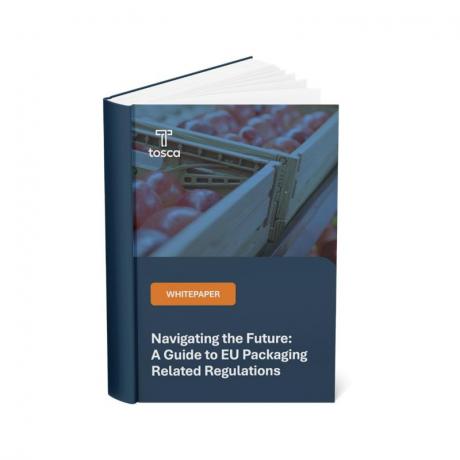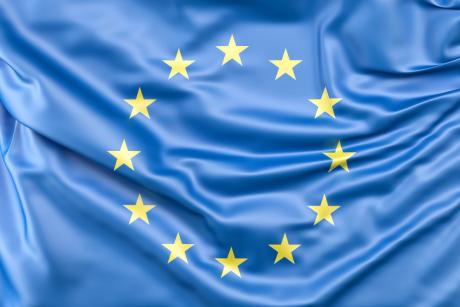
“Packaging neutrality objectives and similar material circularity targets will create the level playing field that Europe really needs.” stated EuPC managing director Bernard Merkx in his first reaction to the vote.
Last week, the European Parliament adopted its negotiating position on the Packaging and Packaging Waste Regulation (PPWR) proposed by the European Commission last year. Unfortunately, many of the amendments from the Environment Committee's initial report, which single out plastic packaging, were adopted by the plenary.
The European Plastics Converters are disappointed by the unfounded tailor-made measures against plastics, which seem to be mainly based on emotional motives. Some examples of such emotional votes are specific reduction targets for certain plastic packaging, exemptions for composite packaging from recycled content quotas, bans on single-use stretch film and more.
The lack of rational support for a plastics processing and recycling industry working to improve the sustainability, recyclability, circularity and performance of its packaging supply is a missed opportunity. In our view, issues such as additional food waste as a direct consequence should have been addressed, while plastic packaging reuse rates and other issues were also not very well assessed. In our view, the amendments adopted will therefore not deliver the expected environmental objectives that the Parliament wants.
In addition, the lack of consideration of how the ambitious recycled content targets will be achieved raises questions about their feasibility in the coming years. The proposed targets are based on the assumption of a given and consistent availability of high quality recycled raw materials, which has already been shown to be lacking. Linear waste management systems in many Member States, with still open landfills and subsidised incineration, have for years blocked the necessary additional investment in high-quality infrastructure and high-tech systems for collection, sorting and recycling.
Practical solutions, such as credit-based systems and clear exemptions, must be included in a final version of the PPWR in order to enable the plastics processing and recycling industry, which is largely made up of SMEs, and their customers to comply effectively and to support the natural growth of the market for high quality recycled materials.
Further concerns arise from the ban on packaging with a recyclability grade of D or lower, which may have a negative impact on future innovation and will have an unpredictable impact on many widely recycled packaging formats. The possibility for Member States to adopt more stringent national measures ultimately undermines the harmonisation spirit of the Regulation and risks creating the patchwork effect we see today in the sustainability arena.
At the same time, however, EuPC welcomes many positive amendments, in particular the exclusion of dangerous goods from the scope of the Regulation, the various exemptions from reuse obligations and the possibility of demonstrating high levels of recyclability for packaging formats under Annex V.
Attention must now turn to the Council, where many outstanding issues will be addressed in order to work together to create a new era for sustainable packaging and its future. We trust that the Council, which is closer to the realities at stake, will finalise this piece of EU legislation that everyone wants to see completed, taking our concerns into account, before the EU elections in June 2024.
Immagine di wirestock su Freepik









